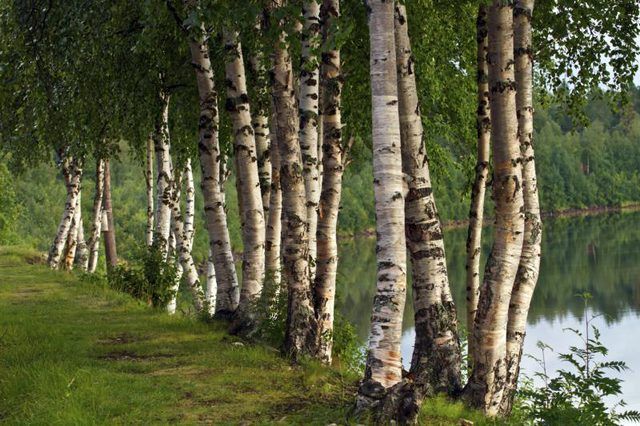Bulbs
Flower Basics
Flower Beds & Specialty Gardens
Flower Garden
Garden Furniture
Garden Gnomes
Garden Seeds
Garden Sheds
Garden Statues
Garden Tools & Supplies
Gardening Basics
Green & Organic
Groundcovers & Vines
Growing Annuals
Growing Basil
Growing Beans
Growing Berries
Growing Blueberries
Growing Cactus
Growing Corn
Growing Cotton
Growing Edibles
Growing Flowers
Growing Garlic
Growing Grapes
Growing Grass
Growing Herbs
Growing Jasmine
Growing Mint
Growing Mushrooms
Orchids
Growing Peanuts
Growing Perennials
Growing Plants
Growing Rosemary
Growing Roses
Growing Strawberries
Growing Sunflowers
Growing Thyme
Growing Tomatoes
Growing Tulips
Growing Vegetables
Herb Basics
Herb Garden
Indoor Growing
Landscaping Basics
Landscaping Patios
Landscaping Plants
Landscaping Shrubs
Landscaping Trees
Landscaping Walks & Pathways
Lawn Basics
Lawn Maintenance
Lawn Mowers
Lawn Ornaments
Lawn Planting
Lawn Tools
Outdoor Growing
Overall Landscape Planning
Pests, Weeds & Problems
Plant Basics
Rock Garden
Rose Garden
Shrubs
Soil
Specialty Gardens
Trees
Vegetable Garden
Yard Maintenance
River Birch Tree Facts
River Birch Tree Facts. River birch (Betula nigra) is a deciduous tree notable for its papery, peeling bark and irregular or pyramidal-shaped crown of diamond-shaped leaves, which shift from green to bright yellow in the fall. A native of the southeastern United States, river birch lends a picturesque effect to moist sites, requiring minimal care...

River birch (Betula nigra) is a deciduous tree notable for its papery, peeling bark and irregular or pyramidal-shaped crown of diamond-shaped leaves, which shift from green to bright yellow in the fall. A native of the southeastern United States, river birch lends a picturesque effect to moist sites, requiring minimal care once established.
Plant Where Hardy
River birch is hardy in U.S. Department of Agriculture plant hardiness zones 4 to 9, where it will grow in full sunlight or partial shade. The cultivar "Cully," which is often sold as "Heritage," is also hardy in USDA zones 4 to 9 and is considered more vigorous and disease-resistant than the species. Unlike many other birch species, which prefer cool northern climates, river birch will grow in humid, hot conditions.
Choose a Moist Site
River birch naturally grows alongside streams, rivers and swamps, thriving in consistently moist conditions. The tree will also grow well in areas that are periodically wet, though it will not tolerate constant flooding. In dry, alkaline situations, the tree may defoliate or develop chlorosis, a sickly yellowing of leaves, and gradually decline and die. Water deeply once a week during the growing season, and mulch with 2 to 3 inches of an organic material such as leaf compost, wood chips or shredded bark to maintain moisture in the soil and suppress competitive weeds. Always keep mulch several inches away from the trunk.
Provide Basic Maintenance
Prune younger trees of branches low to the ground, which droop when wet and may interfere with foot or vehicular traffic. Prune in summer, as trees bleed sap in the spring. Disinfect pruning tools afterward by soaking the equipment in a solution that is equal parts water and alcohol for five minutes. Rinse with water and air-dry. Fertilize in late fall and early spring with 1/2 cup per inch of trunk diameter of a slow release 10-10-10 fertilizer, not exceeding more than 5 cups per tree per application. Water well afterward to disperse fertilizer into the soil, and store unused fertilizer in a secure location away from children and pets.
Special Features
River birch attracts birds and small animals, which graze on the seeds, while white-tailed deer browse on the foliage. The cultivar "Cully" is resistant to leaf spot disease and boasts larger, glossier leaves than the species, as well as brownish or salmon-colored bark that peels back to reveal creamy white inner bark. River birch is less likely to succumb to infestations of bronze birch borers than other birch species. The timber has been used for basket hoops, children's toys, artificial limbs and inexpensive furniture. River birch is an excellent choice for erosion control in wet areas and works well as a specimen in lawns.